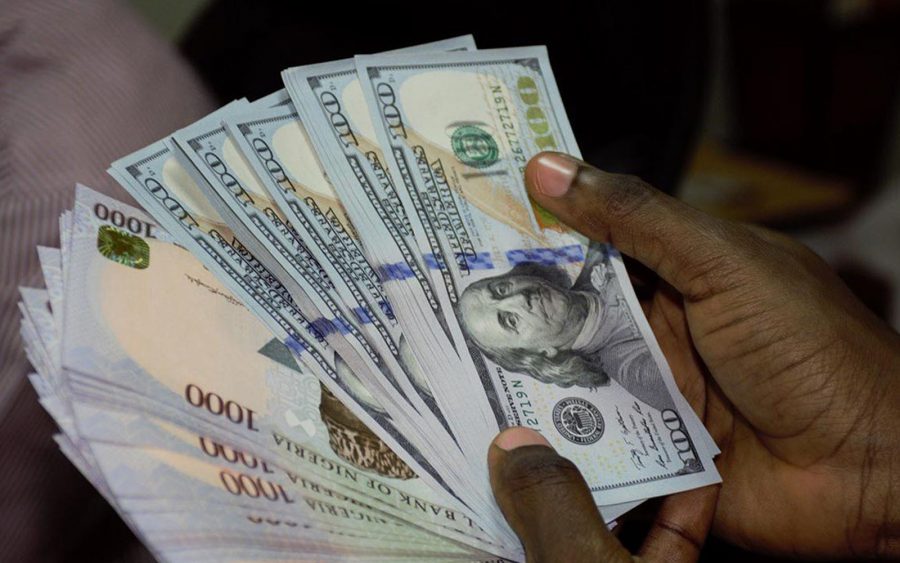The Naira has continued to remain stable in the foreign exchange (forex) market, even as the nation’s external reserves recorded the tenth weekly decline in the just concluded week after its July high.
The reserves, which stood at $47.79 billion as at July 5, dropped to $45.23 billion as at September 13, the lowest level in more than five months.
The persistent drop in Nigeria’s foreign reserves, reaching $2.57 billion in less than three months, may not be unconnected to the Central Bank of Nigeria (CBN)’s sustained weekly interventions in the foreign exchange market to ensure the stability of the local currency.
Recall that Nigeria’s monetary authority on several occasions had declined calls to allow the forces of demand and supply to determine the value of the Naira in the forex market, but chose to fix the foreign exchange rate at the expense of the nation’s external reserves through its interventions.
Beside the apex bank’s interventions, a number of factors had also aided the depletion of the nation’s foreign reserves, among which is the continued exit of foreign portfolio investors ahead of the 2019 general elections and also the resonating effects of investors’ divestment of portfolio assets from emerging markets to advanced economies.
The surge in the demand for the United States Dollars (USD) occasioned by investors’ exit, which translated to increased pressure in the USD forex window, would ordinarily reduce the value of Naira, but CBN’s support continued to create an illusion of strong currency for the weakening Naira.
The effect of the risen demand became obvious during previous week as activity level in the Importers and Exporters’ (I&E) window of the foreign exchange market improved, this was just as the total turnover of transactions rose by 45 percent to $2.2 billion from $1.5 billion recorded in the preceding week.
At the FMDQ OTC futures market, subscriptions increased by 2.1 percent on week-on-week basis to $4.6 billion with August 2019, July 2019 and February 2019 instruments recording the highest increase.
During the week, the CBN had injected a total of $210 million into the Retail Secondary Market Intervention Sales (SMIS) segment of the foreign exchange market to meet customers’ requests at various segments of the market, a total of $100 million was offered to authorised dealers in the wholesale segment of the market.
The Small and Medium Scale Enterprises segment got $55 million, while customers who require foreign exchange for tuition fees, medical payments and Basic Travel Allowance were allocated $55 million.
This triggered the depreciation of the currency by 0.11 percent, causing it to close the week at N361.00/USD1.00 at the I&E window of the foreign exchange market, while the value of the currency remained unchanged at both the parallel market and the Bureau De Change segment of the market at N361.00/USD1.00 and N358.00/USD1.00, respectively.
Written by: Oluwasegun Olakoyenikan
















